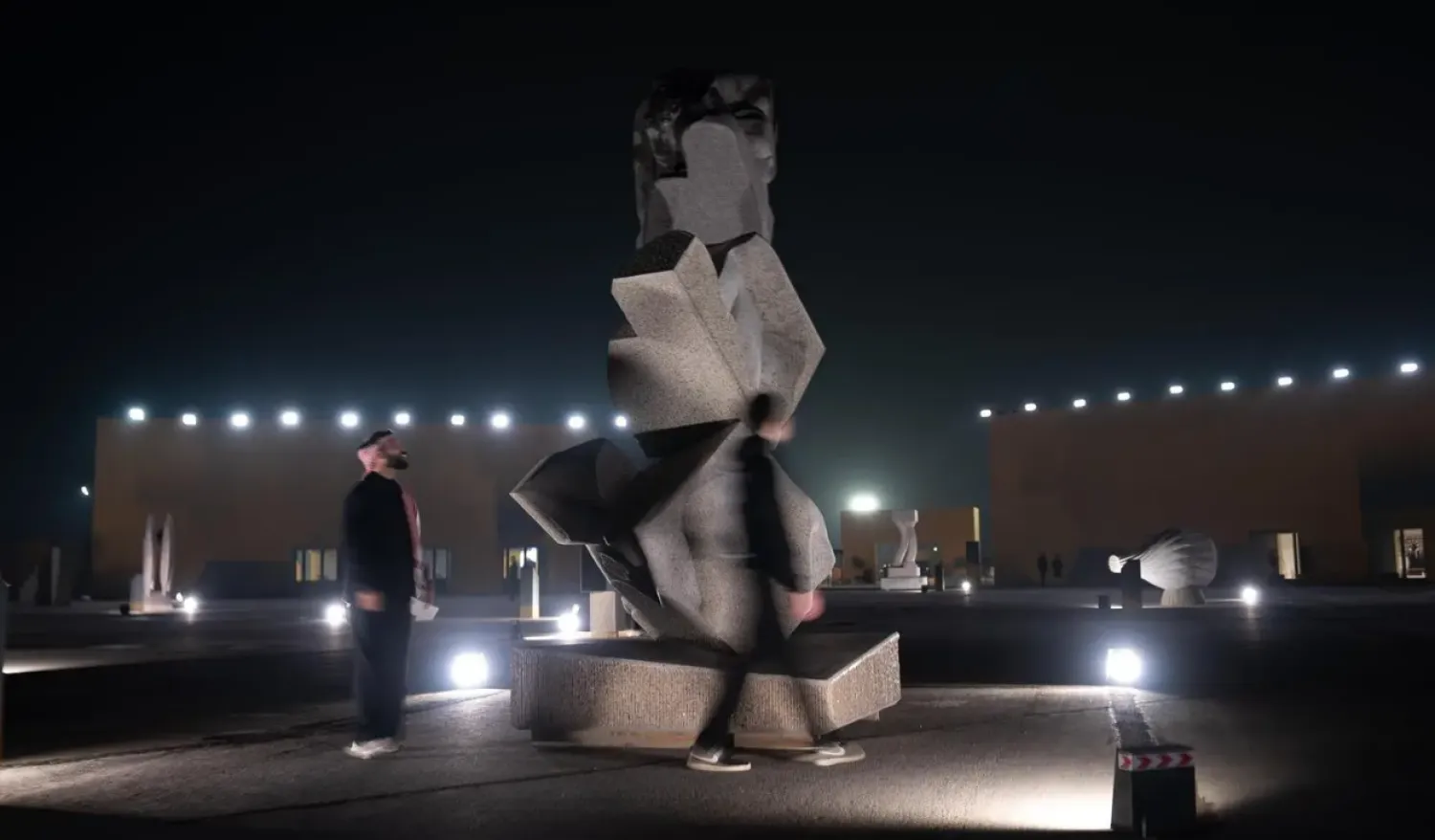Bahrain’s Information Minister, Dr. Ramzan bin Abdullah Al-Noaimi, said the “Al Dana Drama Award” award, the Gulf’s first for TV series, aims to support Gulf artists and creators.
He added that the Gulf Radio and Television Festival, where the award is presented, boosts Gulf cinema and drama as platforms for cultural understanding.
Al-Noaimi explained in an interview with Asharq Al-Awsat that artists themselves oversee their work, stating that Gulf information ministries don't control creativity.
The winners of the Al Dana Drama Award will be honored at the opening of the 16th Gulf Radio and Television Festival in Bahrain later this month.
“The award has emerged to boost Gulf drama production, uniting countries with strong ties and a shared goal of supporting artists,” affirmed Al-Noaimi.
“It aims to motivate writers, directors, actors, and composers through healthy competition, recognizing their hard work and emotional impact,” the minister added.
Under the patronage of Sheikh Khalid bin Hamad Al Khalifa, First Deputy Chairman of the Supreme Council for Youth and Sports (SCYS), Chairman of the General Sports Authority (GSA), and President of the Bahrain Olympic Committee (BOC), this award provides a significant incentive for talented individuals in radio and TV to participate.
With ten diverse categories and awards for actors, composers, scripts, and directors, Al Dana Drama Award offers ample opportunities for recognition.
“In the Gulf Cooperation Council (GCC), we have a special history of working together in media and the arts,” said Al-Noaimi.
“It all started with the Joint Program Production Institution back in the mid-1970s. This institution played a crucial role in shaping Gulf cooperation in media and the arts,” he added.
The debut of the award has sparked considerable interest, with over 70 diverse Gulf and Arab TV series submitted for consideration.
This highlights its importance in shaping the future of Arab and Gulf drama, encouraging artists to strive for excellence.
Positioned as a major milestone, Al Dana Drama Award enriches competition among Gulf and Arab artists, thanks to the Gulf Radio and Television Festival, a leading platform in the region’s artistic scene.









